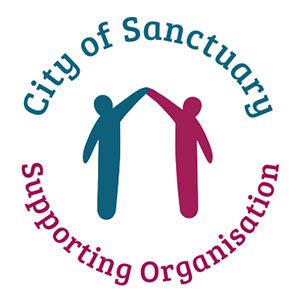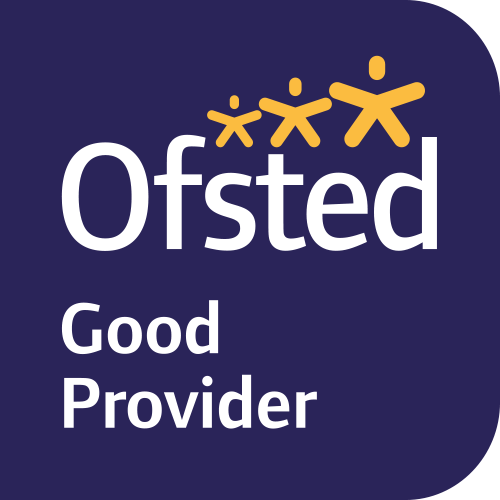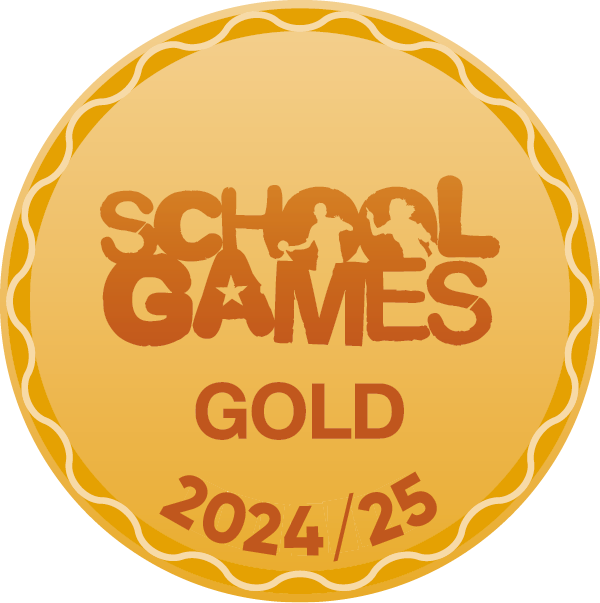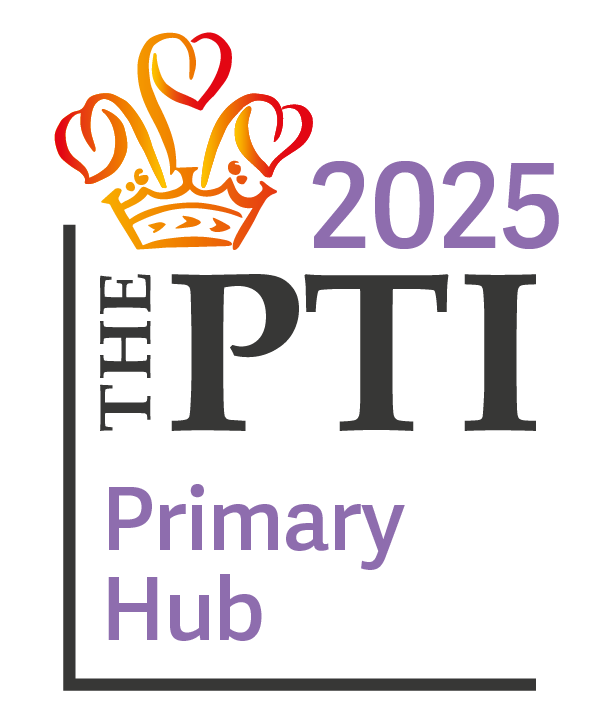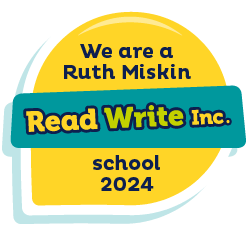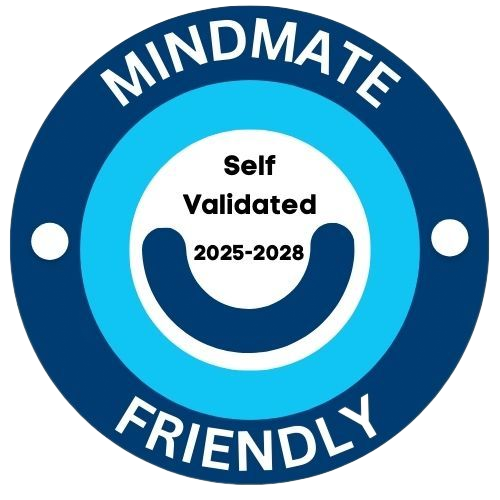Online Safety Guide for Parents
At Alder Tree Primary Academy, we take Online Safety very seriously. We know how difficult it can be to keep track of all the latest sites and apps that children are interested in. This page provides advice, guidance and support for parent/carers to help keep their child safe online. You can find links to all relevant policies at the bottom of this page. If you have any concerns about your child’s online safety, please call the Academy and our Safeguarding Team will be happy to help.
Age Related Safety Guides from Internet Matters
Children use the internet in different ways depending on their age and so Internet Matters have developed checklists for parents that give you top tips on how to help them stay safe.
Lucy and the Boy: Be Share Aware - NSPCC
Be Share Aware. We tell our children it's good to share - but online it's different. In fact, sometimes it can be dangerous. That's why we're asking parents to be Share Aware - and keep children safe online. The NSPCC website provides advice for parents surrounding all aspects of Online Safety.
Jessie and Friends (Online Safety for 4-7 year old's)
Children are accessing technology and the internet at a younger age than ever before. It’s never too early to talk to your child about what they do online and who to tell if they come across anything online that makes them feel worried, scared or sad.
Jessie & Friends is a series of three animations that follow the adventures of Jessie, Tia and Mo as they begin to navigate the online world, watching videos, sharing pictures and playing games. There’s also a storybook for each episode, to help you and your child keep the conversation going.
This link provides ideas and conversation starters for parent/carers to use when watching Jessie and Friends together.
Social Media Help
Social media sites and apps are updated all the time, and children seem to know more about the apps than we do! The links below will tell you where to go to find help about the safety features available on these popular social networks. It is important to note that the age requirement for the majority of these social media accounts is higher than the age of primary school children. The links below provide parental advice and support in case something goes wrong or you have concerns in relation to one of these social media sites.
Click here to find out how to report harmful content online.
Youtube
The age requirement to create your own account is 13+. The hyperlinked guide provides support and advice for parents to apply restriction modes which filters inappropriate content. It is highly recommended that all parents apply this to their devices.
The age requirement for a Facebook account is 13+. Children of a primary school age must not have their own account. The information provided in this link provides support and advice to parents in the event that your child sets up an account without your permission or if someone posts images of your child without consent.
Tik Tok
The age requirement for a Tik Tok account is 13+. Children of a primary age must not have their own account. The information provided in this link provides further safety advice surrounding this app.
The age requirement for an Instagram account is 13+. Children of a primary school age must not have their own account. The information provided in this link provides further help and guidance surrounding online safety and Instagram.
Snapchat
The age requirement for a Snapchat account is 13+. Children of a primary school age must not have their own account. The information provided in this link provides further help and guidance surrounding online safety and Snapchat.
The age requirement for WhatsApp is 16+ Children of a primary school age must not have their own account. The information provided in this link provides further help and guidance surrounding online safety and WhatsApp.
X
The age requirement for a Twitter account is 13+. Children of a primary school age must not have their own account. The information provided in this link provides further help and guidance surrounding online safety and Twitter.
AskFm
The age requirement for a AskFm account is 13+. Children of a primary school age must not have their own account. The information provided in this link provides further help and guidance surrounding online safety and AskFM.
Video Games
Please click on the links below to find out information about the video games your children play.
Ask About Games
This website provides advice and guidance for parents to set up controls and restrictions on all major consoles. It also contains a database of family friendly games.
Roblox
How can i help my child stay safe while playing Roblox? If you're one of the many parents who grapple with this question, explore the guide above to build your confidence.
Staying Safe on Minecraft
Minecraft can be used by children under the age of 13 with their parents' permission. This website provides support, advice and guidance to ensure your child stays safe whilst playing the game.
Pokémon Go
A guide to keep your child safe if they are playing Pokémon Go.
A Guide for Parents
An online guide by O2 for parents to help protect their child online. This website also contains a guide to support setting up your child’s first mobile phone.
Sexting
It may feel awkward, but it's important to explain to children the risks of sexting, how to stay safe and remind them that they can talk to you if something ever makes them feel scared or uncomfortable.
The National Society for the Prevention of Cruelty to Children (NSPCC) has information about sexting on its website:
Keeping Children Safe – Information about Sexting



